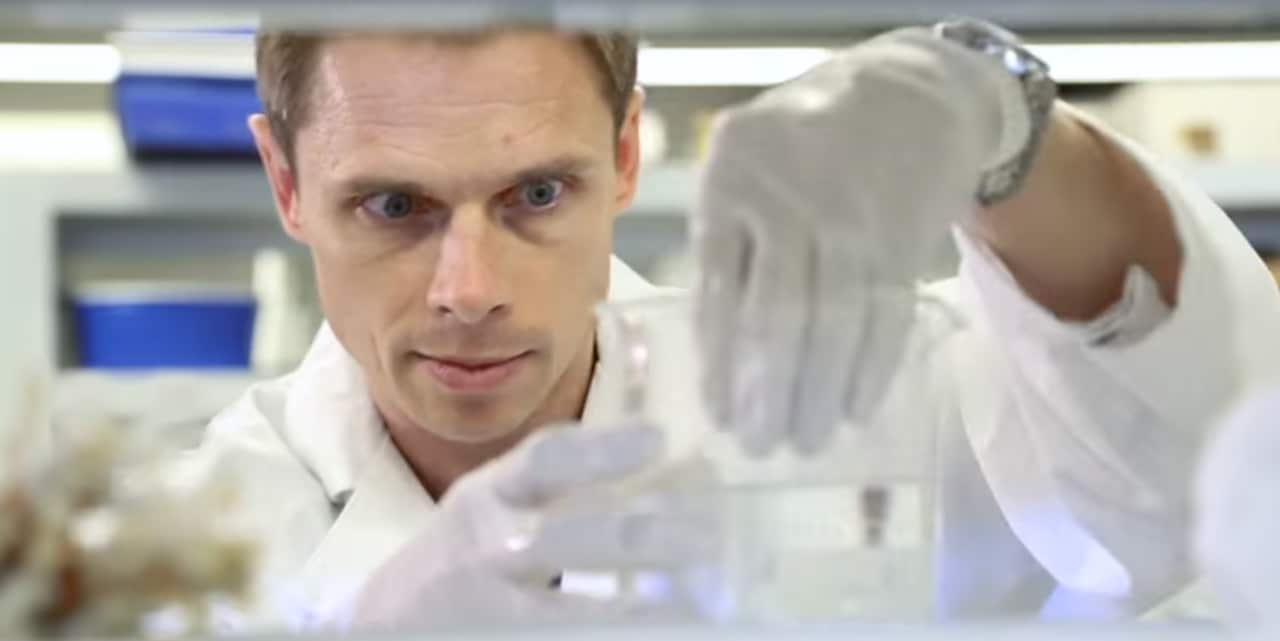Above: Fishermen are bombing one of the world’s most valuable coral reefs, as they desperately seek food. Watch 'Malaysia's Fish Bombers' On Demand.
Coral reefs - including Australia’s famed Great Barrier Reef - provide an important ecosystem for life underwater, protect coastal areas by reducing the power of waves hitting the coast, and through tourism provide a crucial source of income for millions of people.
Around the world, the ecosystems face myriad challenges. Pacific Island nation Palau has pledged to ban sunscreen to limit chemical pollution in the water. Corals have also been found to consume certain plastics – mistaking them for food and made all the more problematic by the eight million tonnes of plastic dumped into the sea each year. In the Solomon Island a tanker ran aground near a World Heritage site.
In Australia, Seychelles and Maldives, rising sea temperatures are leaving reefs susceptible to extreme bleaching events.
Professor David Suggett, leader of University of Technology Sydney’s Future Reefs program is on the frontline of The Great Barrier Reef’s battle with climate change.
“We've almost forgotten in such a short space of time of how great the Reef can look - and often tourists don't know what to look for,” he tells Dateline.
“They see some coral, and think, that’s enough, that it’s a good sign - ten years ago, we had at least 30 per cent if not more coral cover on many areas of the Reef.”

With the Great Barrier Reef vulnerable, Professor Suggett and his team are working to engage local communities and authorities to get human hands to help reconstruct the reef.
“An example of this is just over a year ago, if tour operators saw a bit of coral that had say been kicked off the reef by a tourist, they couldn't pick it up and replant it on the reef - it was illegal,” he added.
“So we worked with the Great Barrier Reef Marine Park Authority to say, well this is nonsense - because that coral will likely die, why can we not be permitted to pick it up and replant it? So we helped develop new permitting with the Authority to allow that to happen as part of our program.”
While initiatives such as these might seem small, they are integral to keeping reefs alive.
“We're trying to buy time for the reef. We know we have to solve climate change - the only way we're going to get the Reef there, once we do have a solution for climate change is ensuring we have corals.
“Interventions will unlikely ever replicate the ecology that Mother Nature can but what we hope is that they maintain reef side quality to the point you can show how spectacular a reef can be.”
Dateline is an award-winning Australian, international documentary series airing for over 40 years. Each week Dateline scours the globe to bring you a world of daring stories. Read more about Dateline
Have a story or comment? Contact Us

